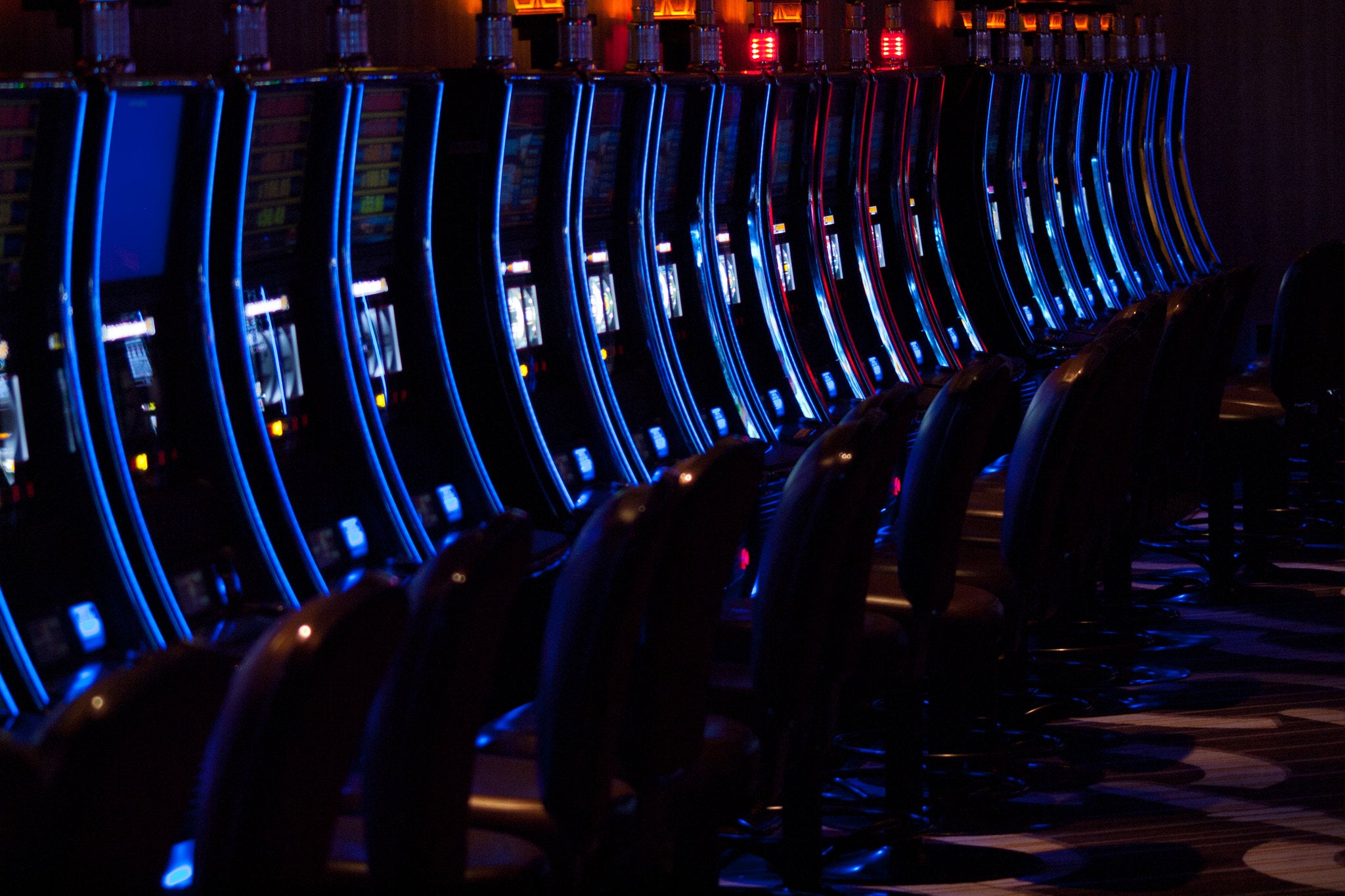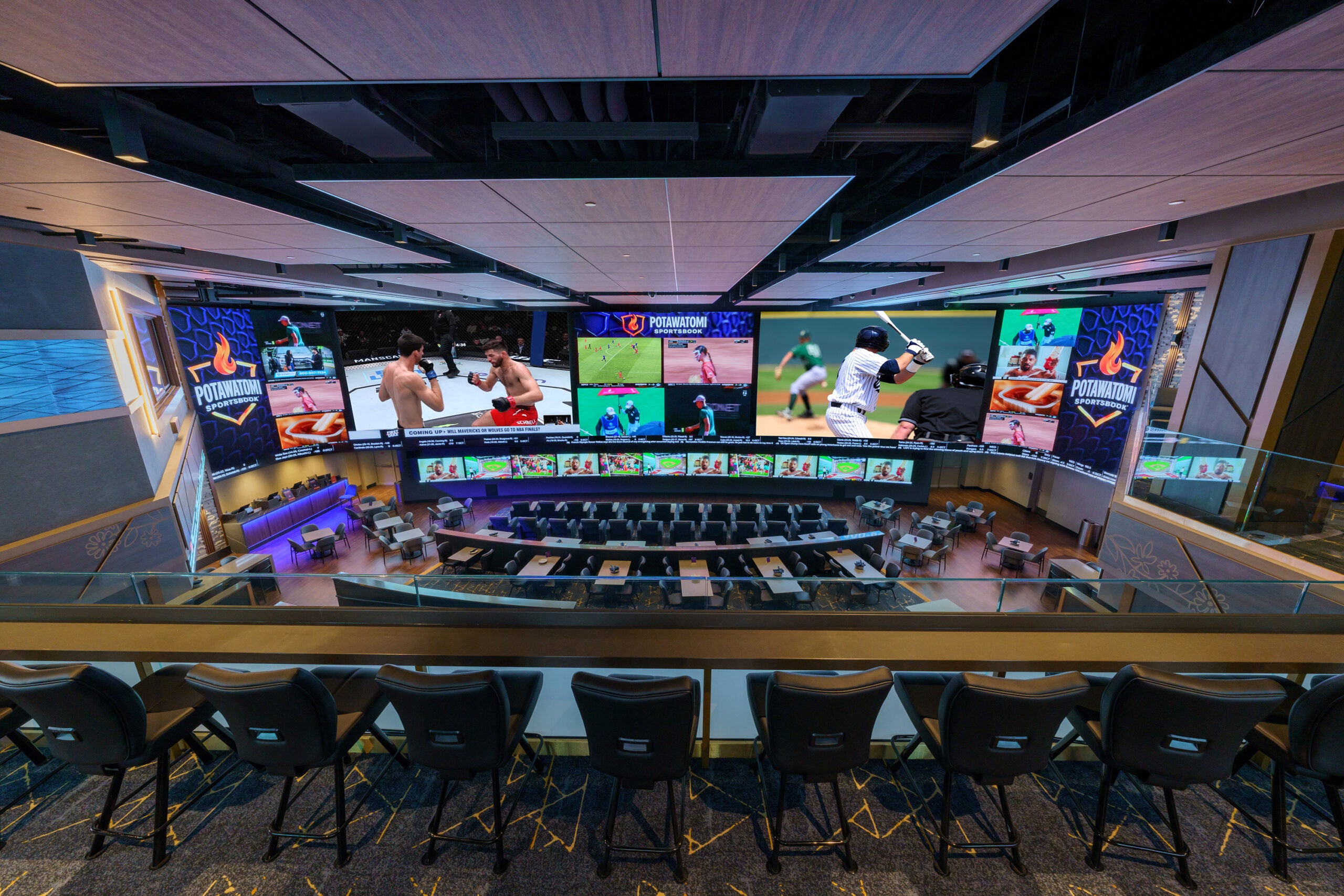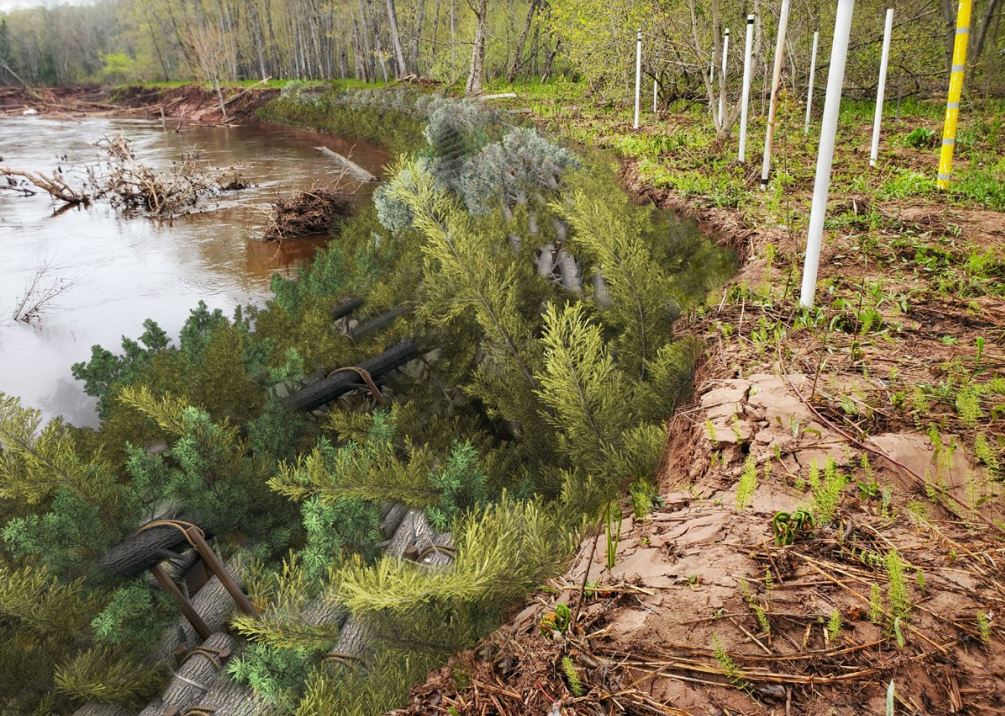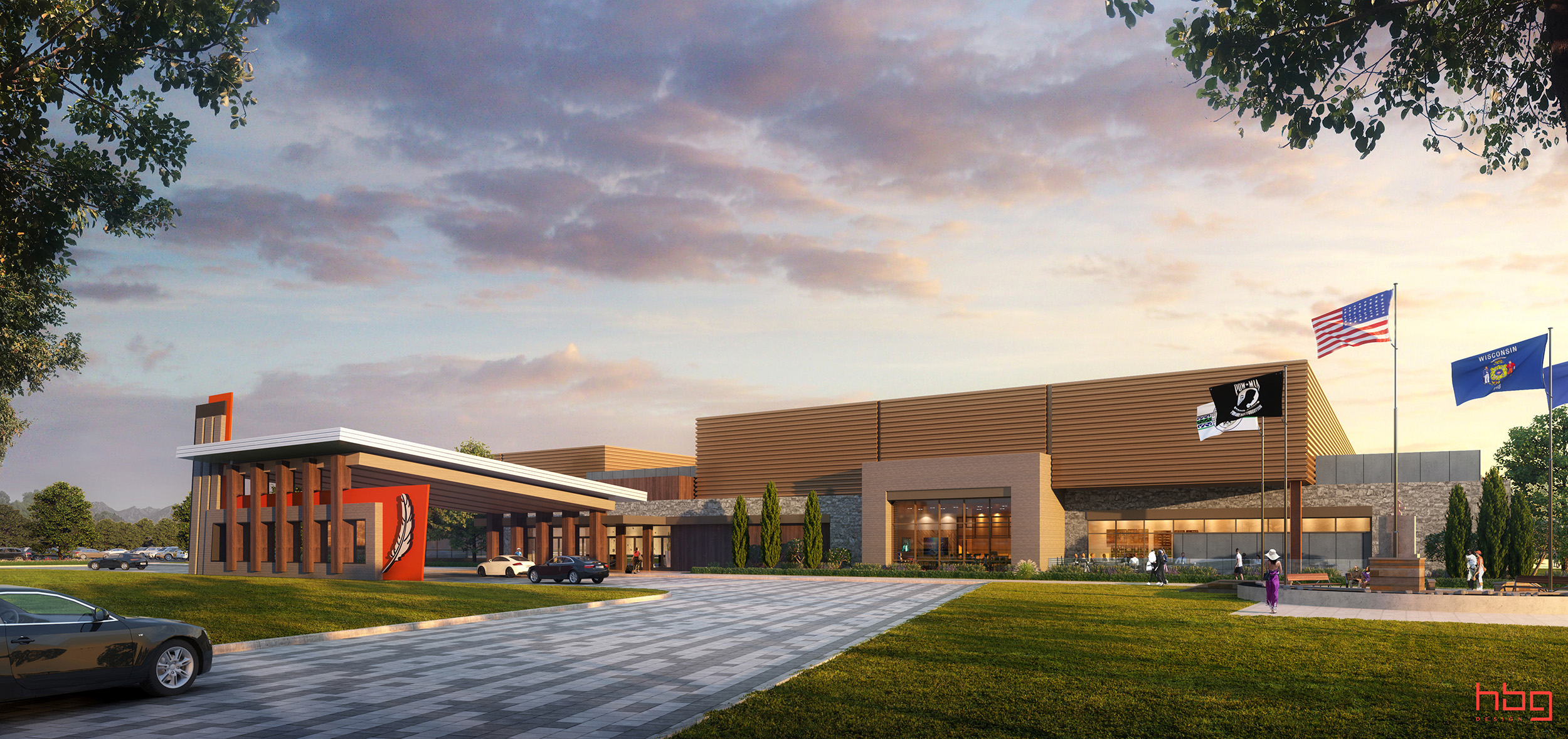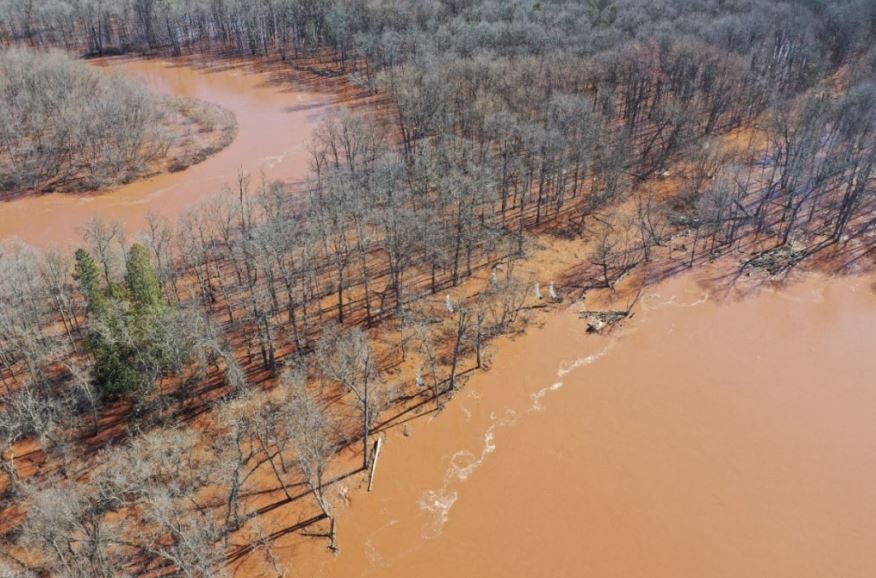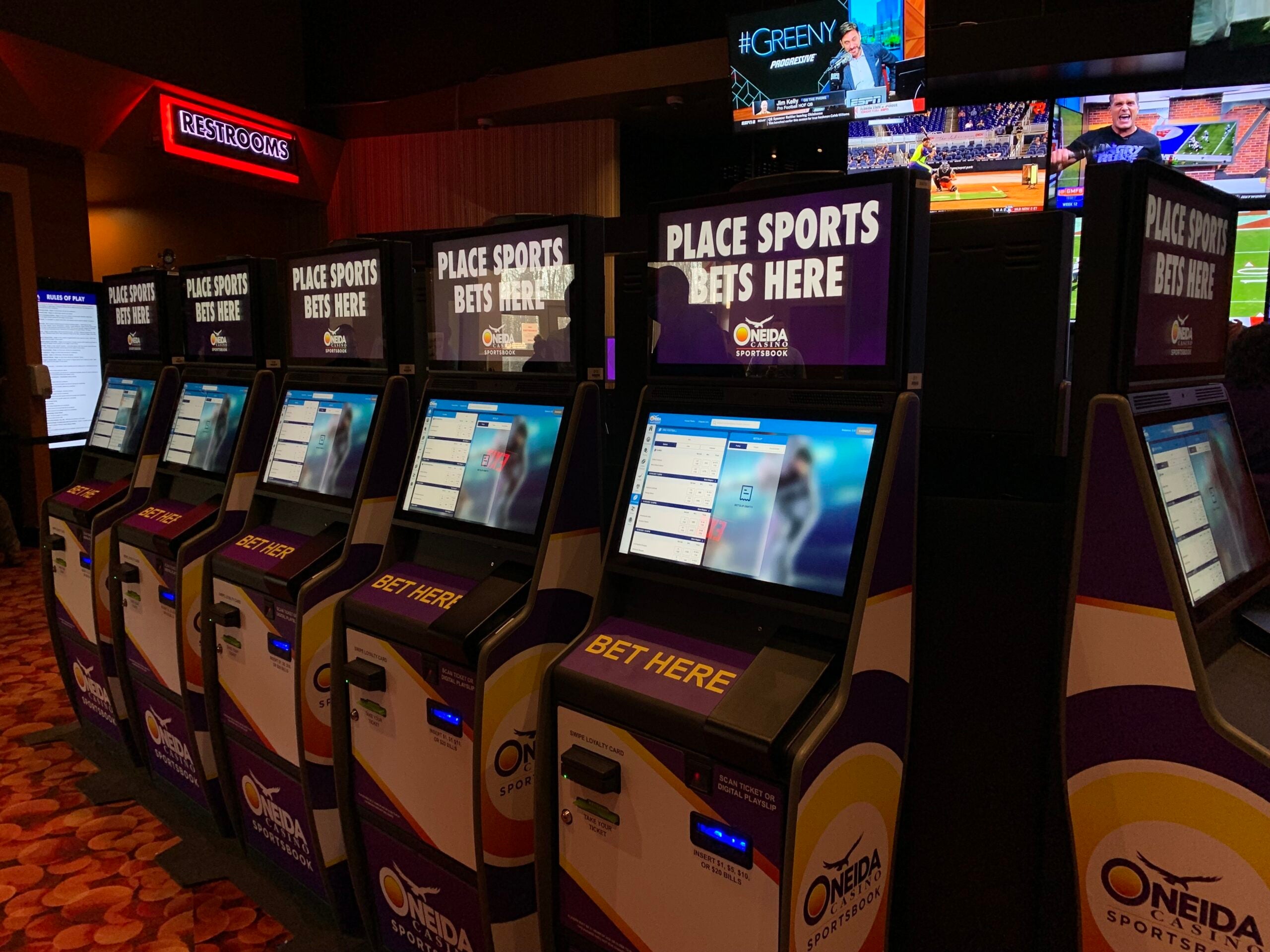As Wisconsin break records for new COVID-19 cases, deaths and hospitalizations, some tribal nations are deciding to temporarily close casinos or keep them closed to prevent further spread of the coronavirus.
The St. Croix Chippewa Indians of Wisconsin announced on Monday that the tribal nation’s St. Croix Casino Turtle Lake will close for 30 days due to prevent the further spread of COVID-19.
“The St. Croix Chippewa of Wisconsin have decided that this temporary closure is necessary for the safety and well-being of our guests, team members and our communities to stop the spread of the … virus,” said a statement on the casino’s website.
News with a little more humanity
WPR’s “Wisconsin Today” newsletter keeps you connected to the state you love without feeling overwhelmed. No paywall. No agenda. No corporate filter.
St. Croix casinos in Hertel and Danbury remain open. WPR was unable to reach tribal officials for comment.
The Sokaogon Chippewa Community, Mole Lake Band announced Oct. 12 that it would keep its Mole Lake Casino closed “for a little while longer.” That casino has been closed since March 20.
Jake Godin is the public information officer for the Sokaogon Chippewa Community Incident Command System.
“We don’t feel, specifically at this time with the current spread, that it is actually even safe to open up our business in order to keep the community safe,” said Godin. “So, we’ve elected to keep it shut down temporarily.”
When asked what metrics might be used to eventually reopen the Mole Lake Casino, Godin said the nation has looked to Centers for Disease Control and Prevention recommendations suggesting a 5 percent positive test rate or less to reopen businesses.
“And we haven’t been anywhere close to that for several months,” said Godin.
The extended closure of the casino has had a “significant financial impact on the tribe,” said Godin. But he said the Sokaogon Chippewa Community has been able to maintain all government operations and take care of furloughed workers and those that are unemployed.
Other tribal nations in Wisconsin have decided to keep casinos open with precautions aimed at preventing infection among patrons and employees.
Michael Rave, Ho-Chunk Nation executive director of business, said meetings about casino operations amid the COVID-19 pandemic happen weekly and even daily.
“We look at how our machine spacing is and a lot of the safety precautions that involve our machines,” said Rave. “Basically, you know, do we have our chairs set far enough apart on our machines? Are the banks of our machines set appropriately, far enough apart to allow for adequate foot movement, pedestrian traffic?”
Rave mentioned other precautions like plexiglass barriers between at tables between guests and employees, regular sanitization of machines, sterilized playing cards and chips.
The Ho-Chunk Nation closed all of its gaming facilities from mid-March through the end of June, said Rave. Currently, Ho-Chunk Gaming Tomah remains closed due to mechanical upgrades.
The Potawatomi Hotel and Casino in Milwaukee, which is owned by the Forest County Potawatomi tribal nation, remains open as well. A statement from public relations manager Ryan Amundson said the facility has enacted “stringent protocols” to keep guests and employees safe during the pandemic.
Those include capacity limits, required temperature checks before entering the building and mandatory face masks.
Wisconsin Public Radio, © Copyright 2025, Board of Regents of the University of Wisconsin System and Wisconsin Educational Communications Board.

